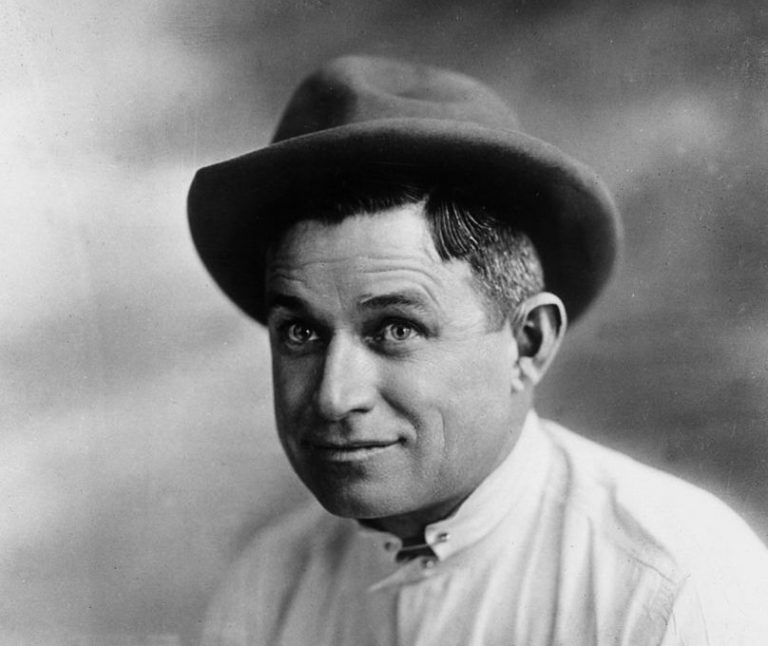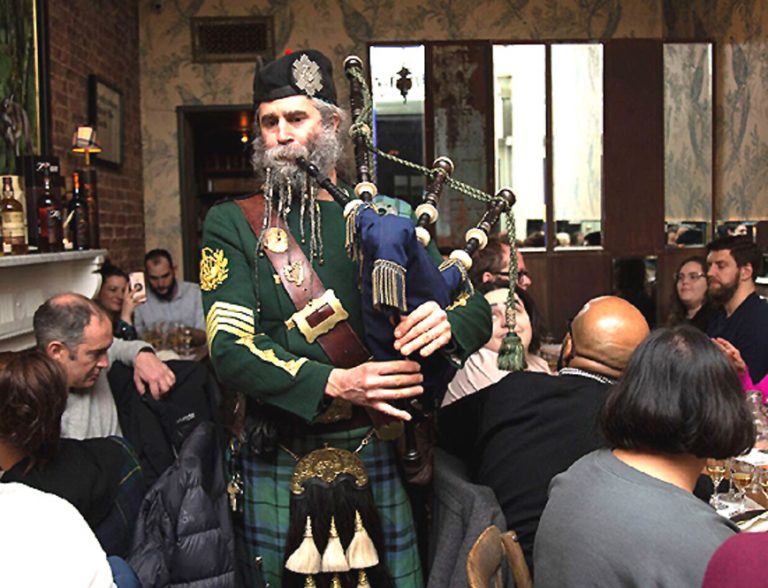Will Rogers was one of the most well-known and highest-paid Hollywood actors of his time, but he was much more than a movie star; he was a folk hero, a philosopher, a humorist, a cultural symbol, and a national treasure.
William Penn Adair Rogers was born on November 4, 1879, in the Cherokee Nation of Indian Territory, in the village of Oologah. He was the son of William Penn Adair Rogers and Mary Ann Adair Rogers.
Rogers’s mother was a cheerful woman with a warm sense of humor and sharp wit to match. She was also a superb hostess who enjoyed singing and playing the family piano in the parlor.
Rogers inherited his mother’s good spirits and ability to amuse audiences. As a young American Cherokee cowboy, Rogers honed his horsemanship and lariat skills to the point where he was inducted into the Guinness Book of World Records for throwing three ropes at once: one around the neck of a horse, another around the horse’s rider, and the third rope round all four legs of a moving horse.
He made his Vaudéville debut in New York City in 1905, with a series of rope trick appearances in Wild West shows. He always adapted his act to keep it new and interesting for the audience and often poked fun at prominent individuals. His timely and topical comments on important political issues and current events were favorites of his audience, and he became well-known for his witty political one-liners.
Success
You are now signed up for our newsletter
Success
Check your email to complete sign up
By 1918, Rogers had established himself as a successful movie actor and producer in the Hollywood entertainment business, and by the late 1920s, he was a movie star. He appeared in more than 70 films, both silent and “talkies,” and was honored by President Harry Truman with an invited visit to the White House.
In 1920 he purchased 359 acres of land overlooking the Pacific Ocean in what is now known as the Pacific Palisades near Santa Monica, California. This became his ranch, where he would spend much of his time riding and roping horses, a particular passion. Betty Rogers donated the ranch to the California State Parks in 1944, and it was subsequently declared a State Historic Monument – Will Rogers State Historic Park.
Rogers went on to establish himself as a well-known radio commentator and political commentator, focusing a large portion of his humor on politics, which he dubbed ‘the best show on the world,’ Rogers would at times refer to Congress as the “national joke factory.”
“I joked about every prominent man in my lifetime, but I never met one I didn’t like,”
Will Rogers
He was clearly well-liked, as he became a voice for many working-class people in the United States. Roger’s “everyman” style of political criticism won him a great deal of favor among the general public. In his unique style of political critique, he used simple, humorous language that everyone could understand and enjoy, and he had an incredible ability to make people laugh.
By 1934 Rogers was among the best-known celebrities of his time. Still, he did not let it go to his head. He remained grounded in the real world, generously contributing his time and money to disaster relief efforts and fund-raising efforts for charitable organizations such as the Red Cross and the Salvation Army.
Rogers was a family man who had tremendous respect for his wife and family. They had residences in California and Oklahoma, where he lived with his wife Betty and their children.
They had many Cherokee friends, and he never forgot his Cherokee ancestry. He and his wife played host to the Pocahontas club (a Cherokee women’s club) at their home on several occasions. His Cherokee lineage earned him the nicknames “The Cherokee Kid” and “Indian Cowboy,” and he was proud of it, saying, “I am a Cherokee and it’s the proudest little possession I ever hope to have.”
“My ancestors didn’t come over in the Mayflower–they met the boat.”
Will Rogers
Besides horses, he was also a great fan of aviation. Rogers died tragically in a plane accident on 15 August 1935 during a flight over Alaska with his close friend, Wiley Post, another well-known aviator.
When it came to excellent humor and a lot of optimism, Rogers never failed to brighten everyone’s day, especially during the Roaring Twenties and during the Great Depression. His time on this planet may have been cut short, but he left behind a legacy of kindness and his particular brand of humor with a touch of wisdom that continues to inspire and endear.
According to him, “A man only learns in two ways, one by reading, and the other by association with smarter people,” so… carry on.







